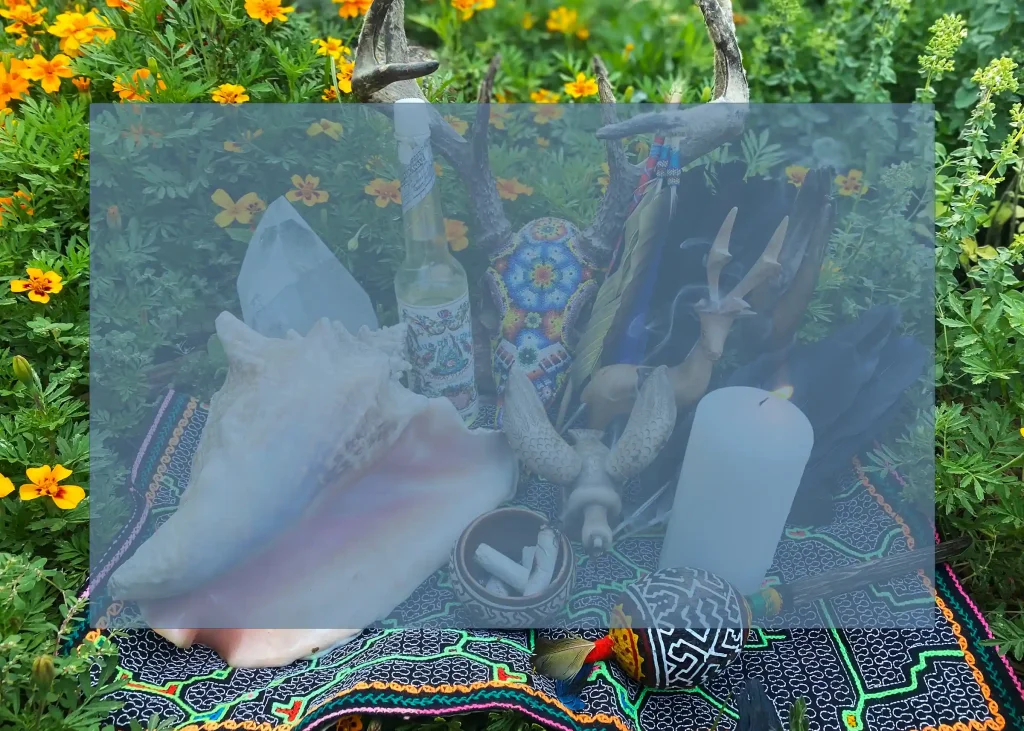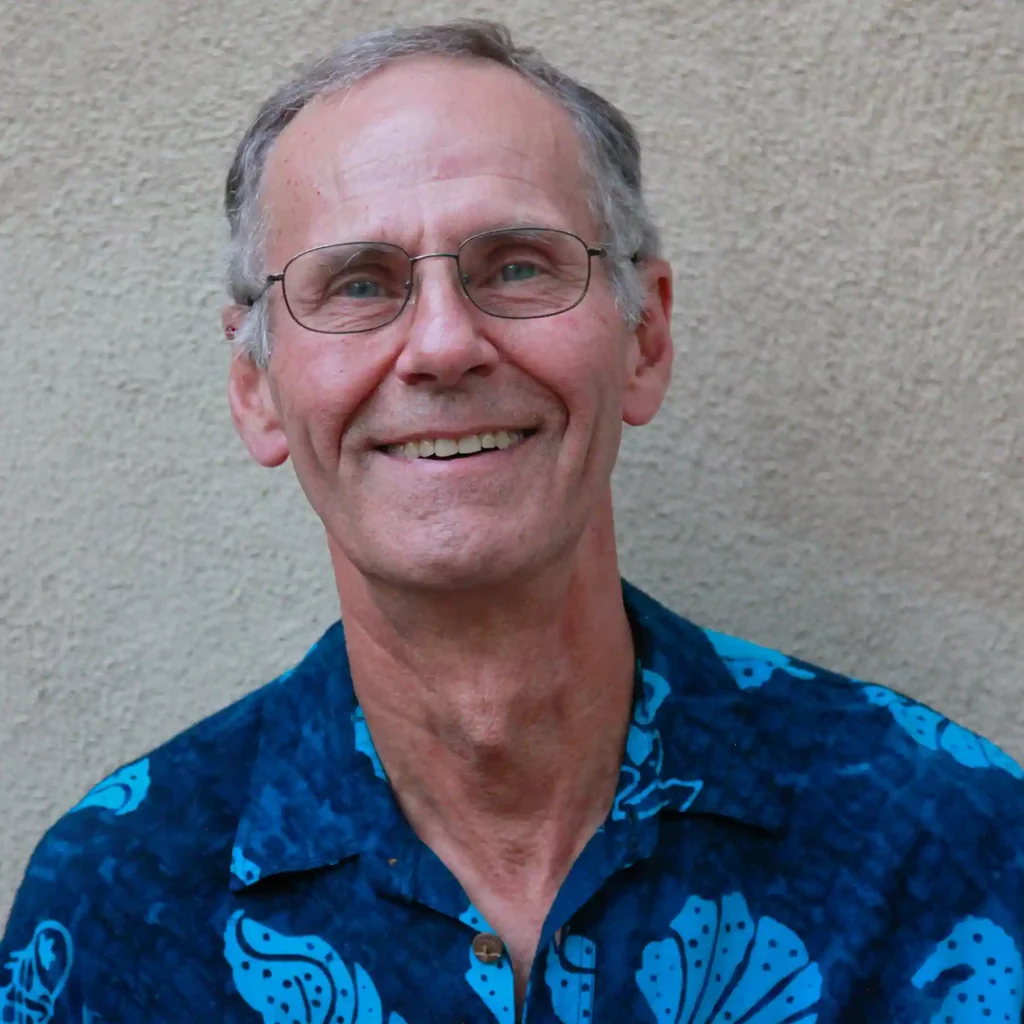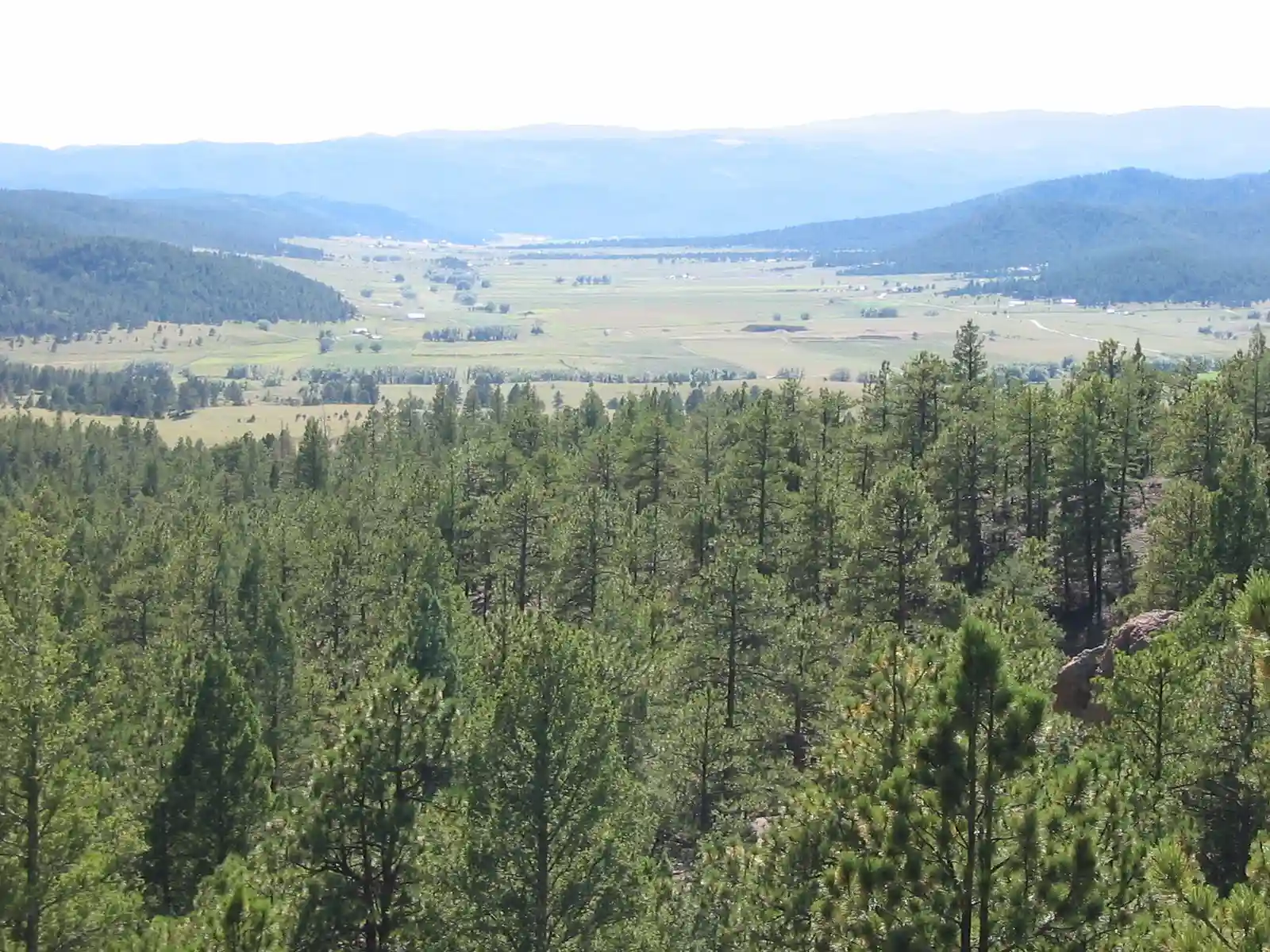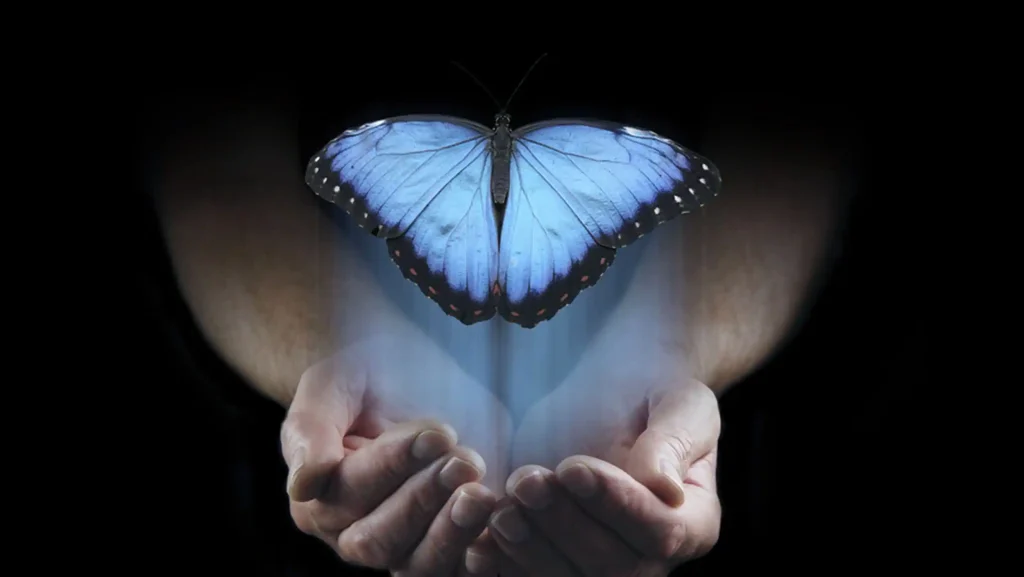Since one of the main themes of these times is crisis I thought it would be useful to dive into the topic just to crack it open a bit for greater understanding. Perhaps we need not run from every crisis but can find ways to experience it without resistance.
The simple definition of a crisis is a time of intense difficulty, trouble or danger. When crisis occurs, people think of many words to describe it: Catastrophe, a dire situation, disaster, emergency, cataclysm, calamity, huge mess, extreme hardship or adversity, chaos, anarchy, jam, crunch, difficulty, and so on. All these descriptions add some flavor to the overall definition of crisis.
A crisis may occur for an individual person in the form of a sudden health challenge, loss of a job, identity theft, loss of a house in a fire, stolen wallet and credit cards, abandonment, divorce, loss of a child, lawsuit, death of a loved one and so on. However, the crisis may be collective as well – such as in climate change, runaway inflation, election or assignment of an unfortunate official, fuel or food shortages, invasion by a foreign power, economic collapse, closing of the only hospital, wildfire, earthquake, floods, to name just a few. Often personal crisis dovetails with social crisis and this can create a state of overwhelm. Interestingly when I looked up the definition of crisis in an online dictionary and at no point was the word overwhelm even mentioned. That is because overwhelm is an internal response and our society is an externally oriented one. To most people crisis is what happens to them from the outside but not what happens on the inside.
In most people’s minds crisis implies victimization, again something that comes from the outside to create suffering and loss for a person or the people living in that region as if they had nothing to do with it. However, from a shamanic perspective, crises don’t just happen randomly to people. They may appear to be accidental but they are orchestrated on an essence level to provide lessons and initiations.
Let’s look for a moment at what happens to people when they are faced with a crisis. Recently I was talking to people whose houses burned down suddenly in a wildfire. For them there was hardly any warning. In one case they had about twenty minutes to evacuate and in another case they had about five. Strange things happen to people when faced with catastrophic loss. In the case of the person who had five minutes they grabbed completely unimportant items like dirty socks and the day’s newspaper and a few other items that made no sense whatsoever. Left behind were computers, hard-drives, critical files, identification, photos, phones etc. In another case the person woke up to find flames engulfing the house. They grabbed the cat, the dog, jumped in the car and fled without shoes or even clothes. I can’t say I would have done anything different in this case. In another case the people spent all their precious few minutes loading the family horse onto a trailer, hitching it up and fleeing. Everything else was left behind. Now of course everyone’s values are different and to one person what is most important is not important to another. However, sometimes a person is so overwhelmed that they don’t grab what is most important to them and instead grab fairly worthless things.
Recently I had to evacuate from my land in Northern New Mexico because of a catastrophic wildfire raging toward us on eighty mph winds. Fortunately, we had a small crew that helped hitch up the trailers and on them we crammed the ATV’s and the important tools and that was about it. As I looked around, I bid good-by to the ranch I had loved for thirty years, said a prayer for it to be spared and drove like a maniac out of there. Miraculously it was spared as the winds slowed and shifted right on the edge of the ranch. The many prayers of so many people averted our personal crisis but not that of the surrounding lands.
As we know from our own experiences with it crisis is a complex thing. If a Taoist monk sits down in meditation in the midst of a raging invasion by enemy troops and remains unharmed, is that a crisis for him or for her? Perhaps not because the crisis did not touch them nor did they react to the event as if it were a crisis. They were neutral. Was the same event a crisis for everyone else? Most likely if they responded as if it were. This suggests that whether it is a crisis or not depends on how you perceive it. We all have options in a crisis and neutrality is one of those choices, not that it is necessarily easy. Remaining calm in a crisis often saves one’s life.
If you choose neutrality in a crisis, does this mean you should do nothing to save yourself? No, it does not mean that. As the story goes a guru was walking with his disciples expounding on the spiritual insight that ultimately all is one. Suddenly they rounded a curve and there stood a growling Bengal Tiger in the middle of the path. Quick as a flash the guru was up a tree and so were the rest of the cadre. After the tiger ran off, they all climbed down from their perches and then a student confronted the guru. “First you teach that all is one but then when the tiger showed up you were the first to run and climb a tree. If all is one then why would you do that?” The guru smiled and calmly replied. “Yes, all is one. I knew that but the tiger had a different idea of what all is one meant. For him it meant, I eat you and then we are one.”

Remote Shamanic Healing
Each month, around the new and full moons, Jose, Lena or Anna leads a remote shamanic healing session. These approximately 30 minute sessions are designed to be experienced in a quiet, safe place free from distraction. Even if you cannot join live they can be very powerful, and always include a good clearing and beautiful icaros. These are live webinars where you cannot be seen or heard. You can hear the practitioner and see their altar for that evening. Recording access is included for 48 hours afterwards. See the product description for dates and times.
As I mentioned earlier, most people think of a crisis as something that happens from the outside but the reality is that there are many forms of crisis that happen mostly on the inside. A housewife raising three small children, faced with cooking and cleaning, paying bills, and running errands suddenly runs away leaving everything behind. Nobody saw it coming. A quiet man, involved in community service, suddenly goes on a rampage with automatic weapons he has purchased the day before and kills a slew of strangers. Nobody saw it coming. A woman with a rewarding profession, awards, excellent pay, many friends, and unlimited creative expression goes home and overdoses. Nobody saw it coming.
Mostly these external expressions of an internal crisis are a result of overwhelm. The executive functions of the brain begin to bog down with too much stress, too many things to think about and resolve, and the result is often impulsive action to remove stress resulting in tragic consequences.
For some people a psychotic break is a crisis and yes, it can result in an extended hospitalization, sometimes the person never quite recovers and is disabled for the rest of their lives. However, there are many instances when that very crisis is the shift that they need to change their lives completely. A stressed-out lawyer who is highly successful has a psychotic break and spends a year recovering. During that year they pick up a paintbrush and begin to paint at the encouragement of their therapist. Eventually they abandon law, go to art school and become a very succesful artist. This is a form of what we call a health crisis.
In the Amazon jungle, tribes often use strong plants to induce purging in people who have been sick, had emotional problems like depression anxiety, or addictions. They go through intense discomfort, alternating between purging and evacuating their bowels, eyes streaming, snot flowing, screaming, grunting, growling and so on. After a time, the purging slows and they settle down and relax. Afterwards they are beaming. They look like a different person, smiling, with eyes clear, and expressing how much better they feel. This is very similar to people with depression or other emotional disorders like obsessive compulsive disorder and addictions who take psilocybin mushrooms under clinical supervision. The results have been nothing short of miraculous. All this is to say that crisis is not necessarily a bad thing. A health crisis whether physical or emotional can be just the thing to induce a powerful positive transformation either in regards to emotional balance and well-being or to awaken the spiritual aspects of someone’s life. There are numerous accounts of people who have undergone a personal crisis that awakened them to their spirituality or higher self. Eckhart Tolle was in a deep existential depression when he experienced an awakening that led him to his life task work as a spiritual teacher and as a writer who has impacted millions of people in positive way.
In these kinds of crises we could say that what the person experiences is a kind of dead-end to where they can go with the status quo. They find the limits of what their personality (ego) will allow them to do and the result is often a shutdown, a sense of hopelessness, and sense that all is lost. This is not unlike the ‘all is lost moment’ in a Hollywood movie that creates an exciting ending for the audience. Just when the heroine or hero reaches a dead end and it seems that there is no hope of redemption, there is a remarkable breakthrough that leads to their ultimate success. In a rom-com this is the moment when girl and boy finally get together after serious misunderstandings or fighting.
A famous psychotherapist once attributed the success of psychotherapy on the artificial and manufactured crisis imposed by the fifty-minute hour. In a strange way he was right. The crisis of being stuck in an office with another person who is listening intently and pushing you to look at the challenges in your psyche is enough to tip the balance. Crisis can often force positive change, if it is not too overwhelming, so the trick is to keep the crisis just this side of overwhelm. In other words, what doesn’t kill you can help you.
On the path to enlightenment or spiritual awakening there are crisis points. One such crisis point is the recognition that your ego, your body personality that has your name, the aspect of self that most people are exclusively identified with, does not actually exist. Since the only moment that actually exists is right now, memory and the rest of what you think you are or have accomplished is all just conjecture, a narrative, a made-up idea of self. There is no actual proof that you existed ten minutes ago because everything is only present now. This is a terrific crisis for the personality. “What do you mean I don’t exist?” the personality exclaims with a snarl. After coming to terms with this unpleasant truth, the awakening person discovers that even though they technically are nothing at all, they are at the same time everything that is. Believe it or not this can be its own crisis, an overwhelming realization that can take some getting used to. Bear in mind this is not the psychotic announcing to everyone, “I am God but you are not.” This is the essence self simply perceiving the truth. Spirit is everywhere in the eternal moment of now and everything is unified in this one understanding.
Can there be any real growth without crisis? What would we do without crisis?
Tags:

José Stevens
José Luis Stevens, PhD is the president and co-founder (with wife Lena) of Power Path Seminars, an international school and consulting firm dedicated to the study and application of shamanism and indigenous wisdom to business and everyday life. José completed a ten-year apprenticeship with a Huichol (Wixarika) Maracame (Huichol shaman) in the Sierras of Central Mexico. In addition, he is studying with Shipibo shamans in the Peruvian Amazon and with Paqos (shamans) in the Andes in Peru. In 1983 he completed his doctoral dissertation at the California Institute of Integral Studies focusing on the interface between shamanism and western psychological counseling. Since then, he has studied cross-cultural shamanism around the world to distill the core elements of shamanic healing and practice. He is the author of twenty books and numerous articles including Encounters With Power, Awaken The Inner Shaman, The Power Path, Secrets of Shamanism, Transforming Your Dragons and How To Pray The Shaman’s Way.
Related Articles
The Evolution of Perception and Fear
The Challenge Of Creating Our Future
The frequency of the Earth is shifting, The hertz frequency of the earth is dropping temporarily while changes are being made from the core of…




